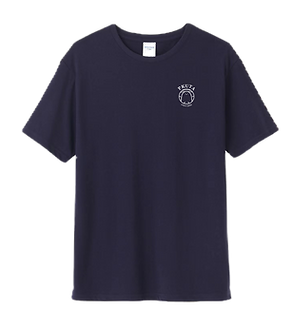
Philosophy and tennis are the two things that I love most.
I watched my first Roger Federer match at 10, and started to playing tennis at 11. My techniques have only improved little since then, but tennis has become an indispensable part of my life, and I have enjoyed this fascinating sport through various lenses.
Spectator Highlights



Shanghai Rolex Masters 2014
Shanghai Rolex Masters 2015
Shanghai Rolex Masters 2016
sneaking into the VIP zone
rooting for Federer
as a intern reporter


Australian Open 2024
Australian Open 2024
with my favorite ATP player Andrey Rublev
with my favorite WTA player Lin Zhu

Australian Open 2024 ©Cath'sTennisPix
Being in the background of a Rublev photo

Personal Profile
as a Player
Age: 22 (Aug 9, 2002)
Birthplace: Shanghai, China
Turned Pro: Not yet
Current Rating: NTRP 3.5
Plays: Right-handed
Backhand: Two-handed
Titles: 2
Prize Money: two towels
Overall technical analysis
Career Highlights
 Tennis Tournament of Beijing University Students (2021) |  PKU Cup (2022) |  First 3.0 title (2022) |
|---|---|---|
 PKU Open (2023) |  National Tennis Tournament of University Students (2023) |  Second 3.0 title (2023) |
Design
Below are some tennis-related stuff that me and my friends designed for PKU Tennis Association – also our favorite daily wear!

Tennis Racket
Dampener
Featuring the mascot of
PKU Tennis Association
"王小球", with a artistic production of the Chinese character “北大” on the back.

Grid
Practice shirt
Low-key practice shirt, featuring 王小球 in the grid on the back.

Trophy
Practice Shirt
Practice shirt specially designed for the 30th anniversary of PKU Tennis Association.

More to come
products in preparation:
baseball hat, hoodies, acrylic pendant,...
